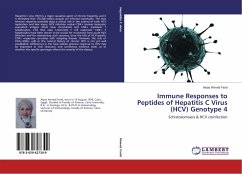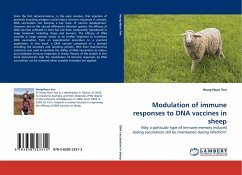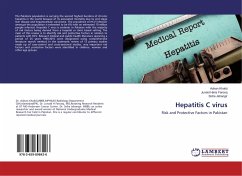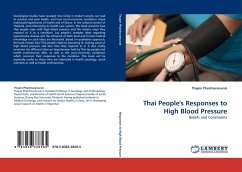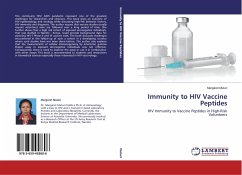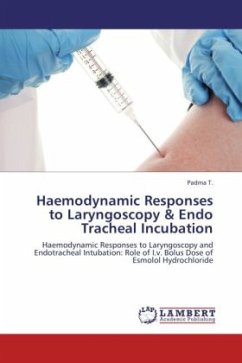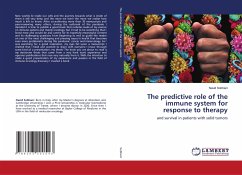Hepatitis C virus (HCV) is a major causative agent of chronic hepatitis, and it is estimated that 170-200 million people are infected worldwide. The host immune response probably plays a critical role in the control of both HCV replication and liver injury. HCV infection evokes CD4+ Human leukocyte associated antigen (HLA) class II-restricted and CD8+ (cytotoxic T lymphocytes, CTL) HLA class I-restricted T cell responses. CD4+ T lymphocytes have been shown to be crucial for recovering from acute HCV infection and for maintaining such recovery, since the loss of HCV-specific CD4+ responses correlates with relapsing disease. However, the role of CD4+/CD8+ cells in the natural history of chronic HCV is not yet well established. Differences in the host cellular immune response to HCV may be important in viral clearance and conflicting evidence exists as to whether the specific genotype affects the severity of the disease.
Bitte wählen Sie Ihr Anliegen aus.
Rechnungen
Retourenschein anfordern
Bestellstatus
Storno

